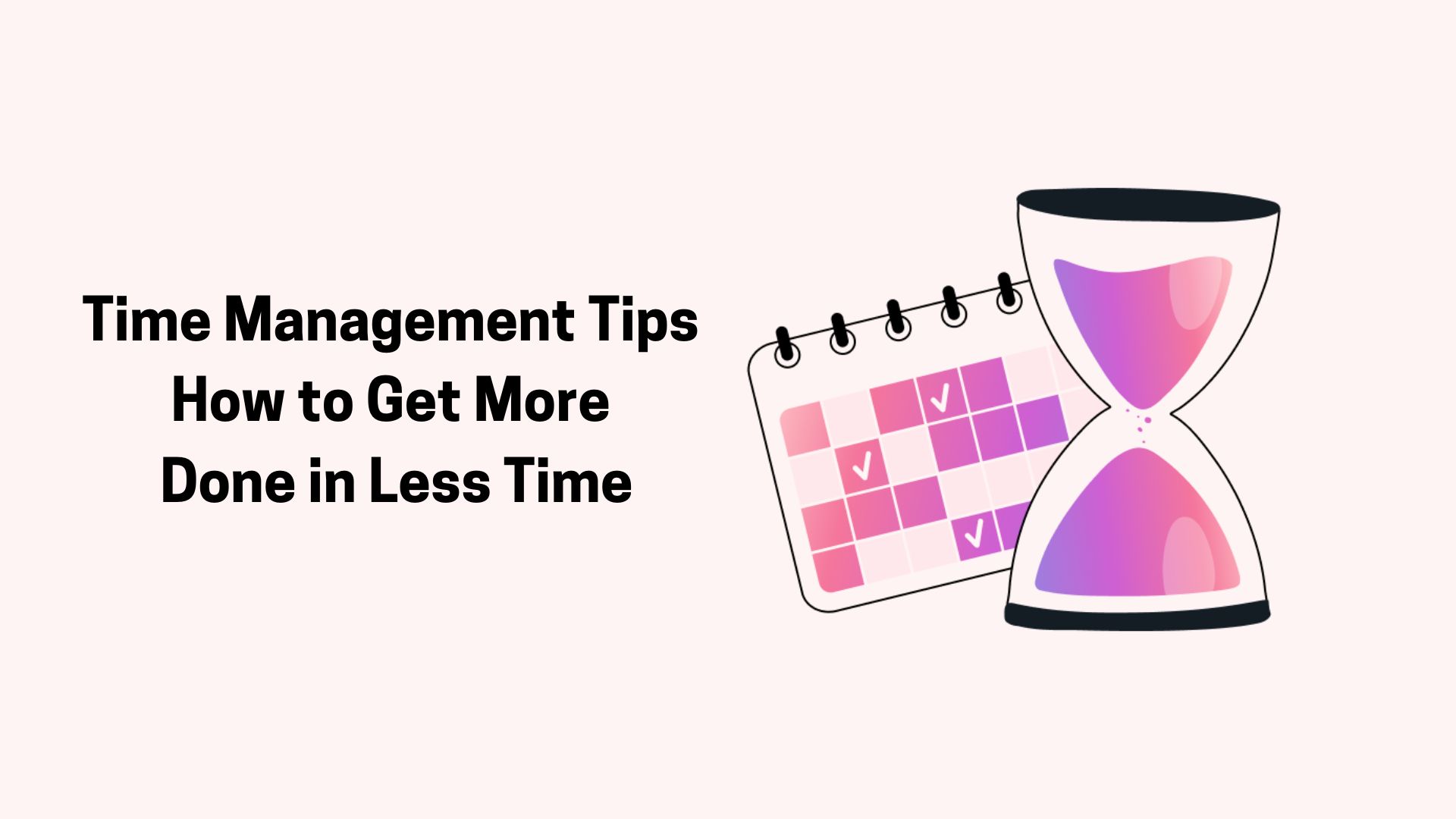Time is one of the most valuable resources, yet it often feels like there’s never enough. Effective time management can help you become more productive while reducing stress, whether you’re juggling work, studies, or personal commitments. Here are some practical strategies to help you finish more quickly.
1. Prioritize Tasks with the Eisenhower Matrix
Not all tasks are equally important. The Eisenhower Matrix helps categorize tasks into four quadrants:
- Urgent & Important – Do these immediately.
- Necessary but Not Urgent – Schedule these for later.
- Urgent but Not Important – Delegate if possible.
- Neither Urgent nor Important – Eliminate or minimize.
2. Plan Your Day in Advance
- Use a to-do list or a planner to map out daily tasks.
- Plan tasks the night before to start the day with clarity.
- Set specific time blocks for functions to stay on track.
3. Use the Pomodoro Technique
- Work for 25 minutes, then take a 5-minute break.
- After four cycles, take a 15-30 minute break.
- It helps maintain focus and prevents burnout.
4. Set SMART Goals
The goals should be:
- Specific
- Measurable
- Achievable
- Relevant
- Time-bound
- Clear goals prevent procrastination and keep you motivated.
5. Avoid Multitasking
- Focus on one task at a time to improve efficiency and quality.
- Multitasking reduces productivity and increases mistakes.
- Use deep work sessions for complex tasks without distractions.
6. Eliminate Distractions
- Put your phone on silent or airplane mode while working.
- Use apps like Forest or Freedom to block distractions.
- Set specific times to check emails and messages instead of constantly responding.
7. Delegate and Outsource
- Don’t try to do everything yourself—delegate where possible.
- Use outsourcing services for tasks that don’t require your direct involvement.
- Focus on high-value tasks that align with your goals.
8. Use Technology to Stay Organized
- Productivity apps like Trello, Asana, or Notion help track tasks.
- Calendar apps (Google Calendar, Microsoft Outlook) assist in scheduling.
- Set reminders for important deadlines and meetings.
9. Learn to Say No
- Avoid overcommitting to tasks that don’t align with your priorities.
- Set boundaries to protect your time and focus.
- Politely decline meetings or activities that aren’t essential.
10. Reflect and Improve
- Review what worked and didn’t at the end of each day.
- Adjust strategies to improve efficiency.
- Stay flexible and adapt to changing priorities.
Final Thoughts
Time management isn’t about working harder—it’s about working smarter. You can maximize productivity by prioritizing tasks, eliminating distractions, and using effective strategies while maintaining a healthy work-life balance.
Which time management tip works best for you? Share your thoughts.

